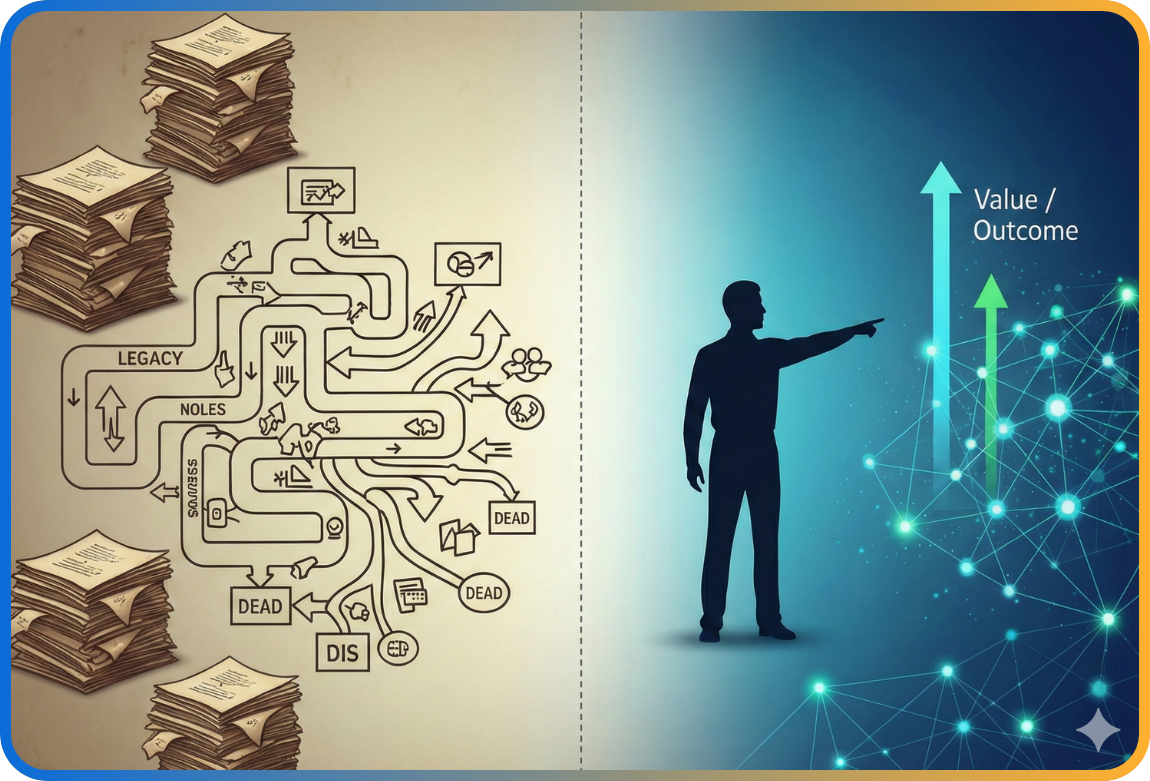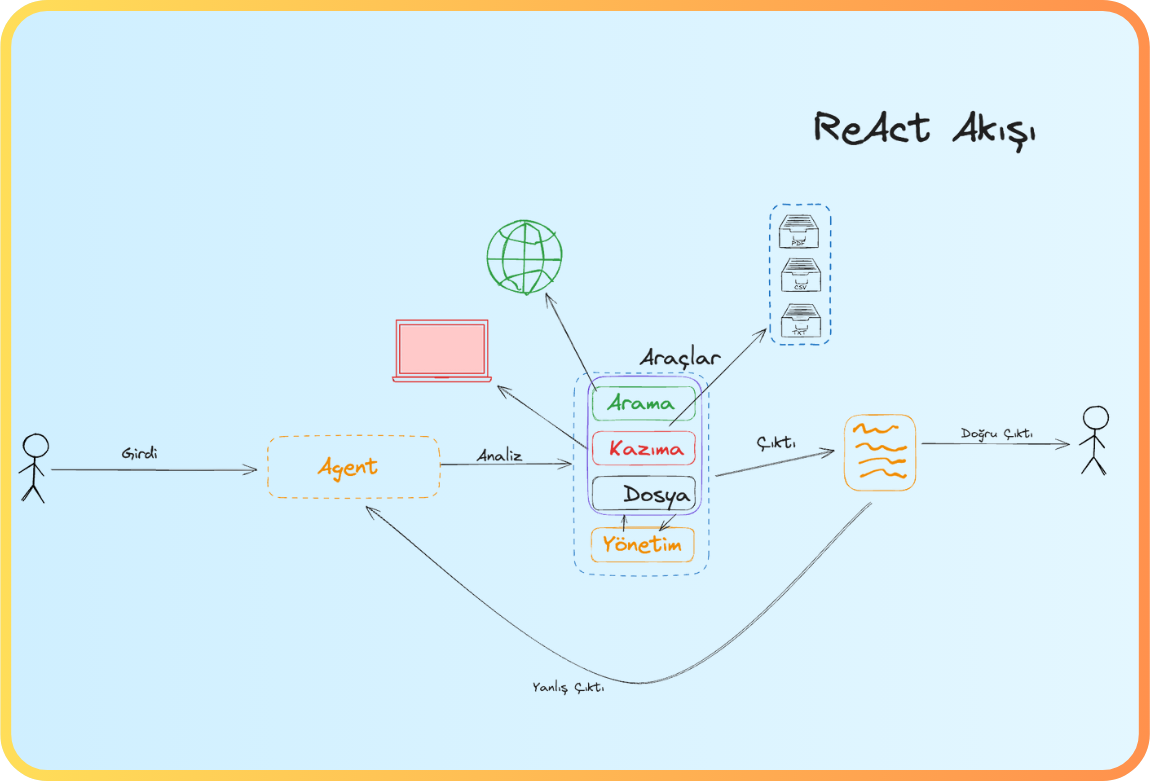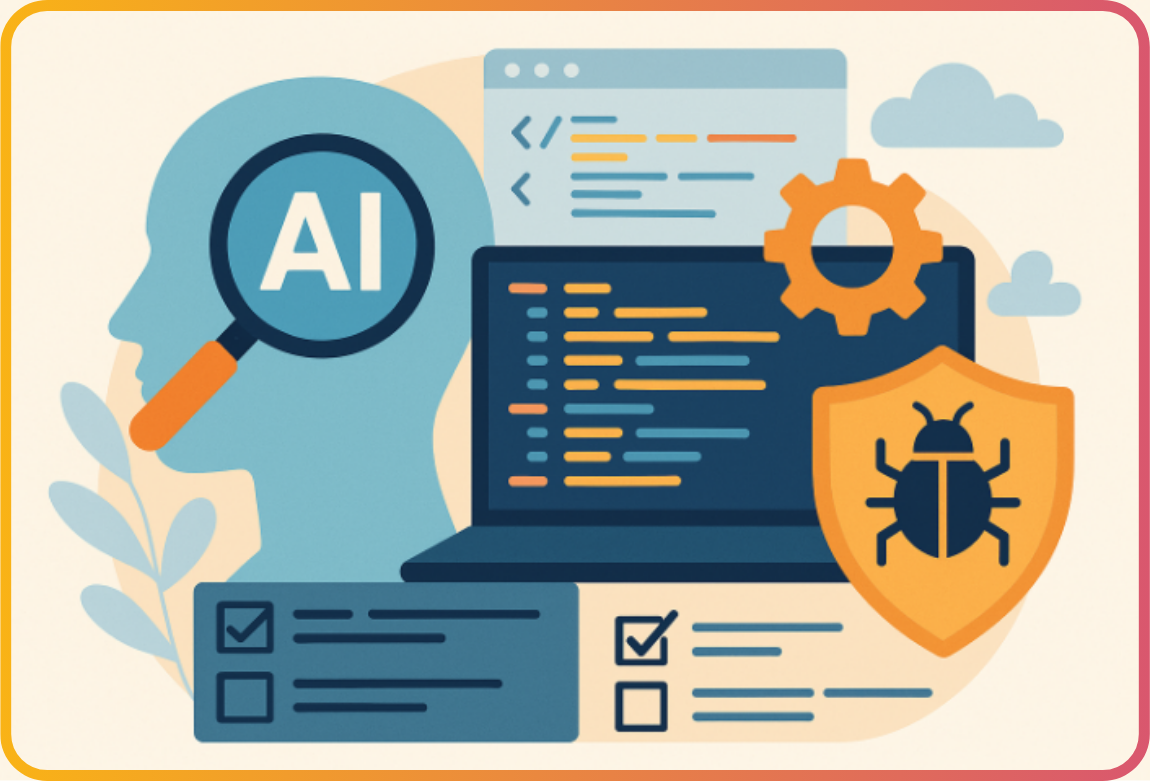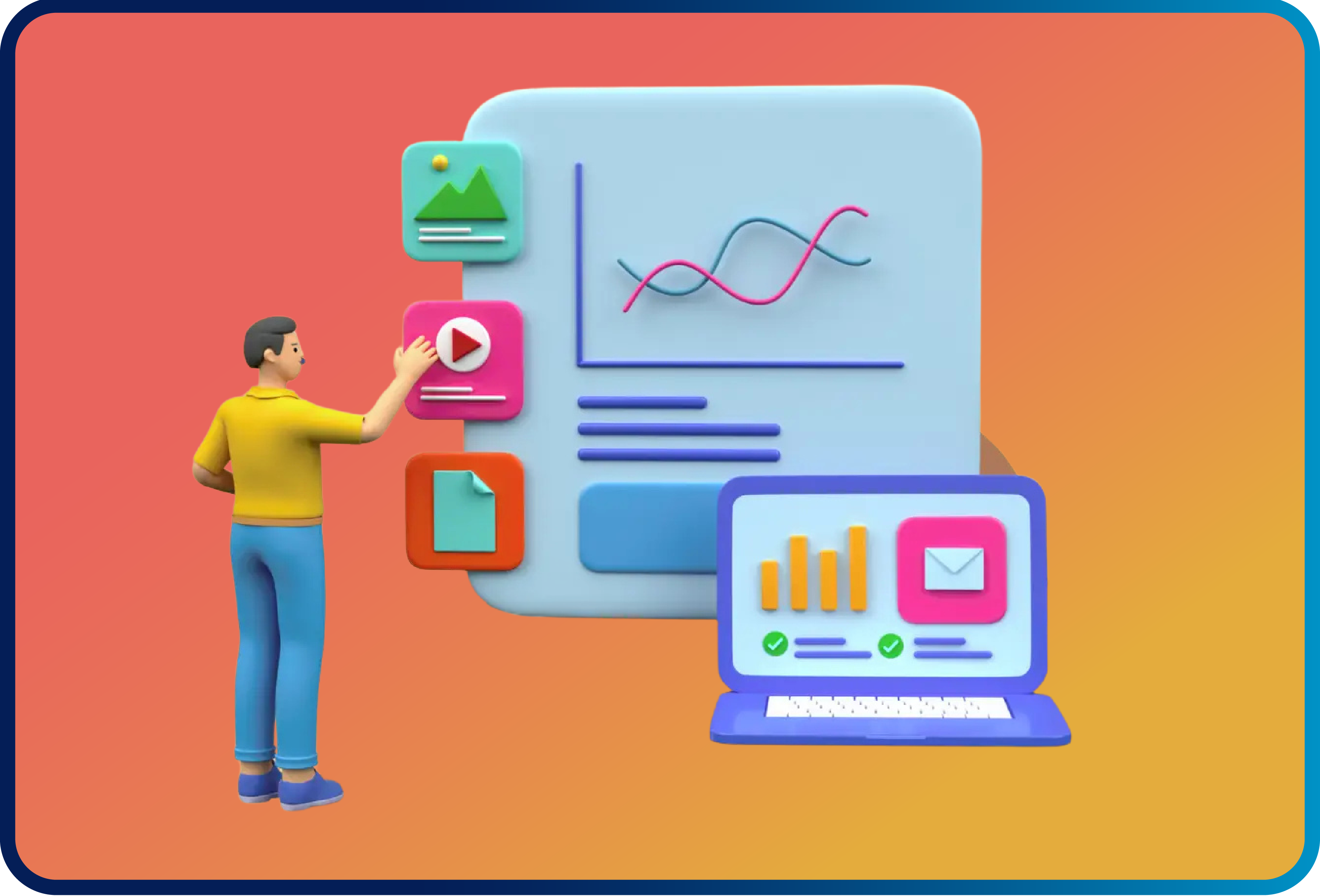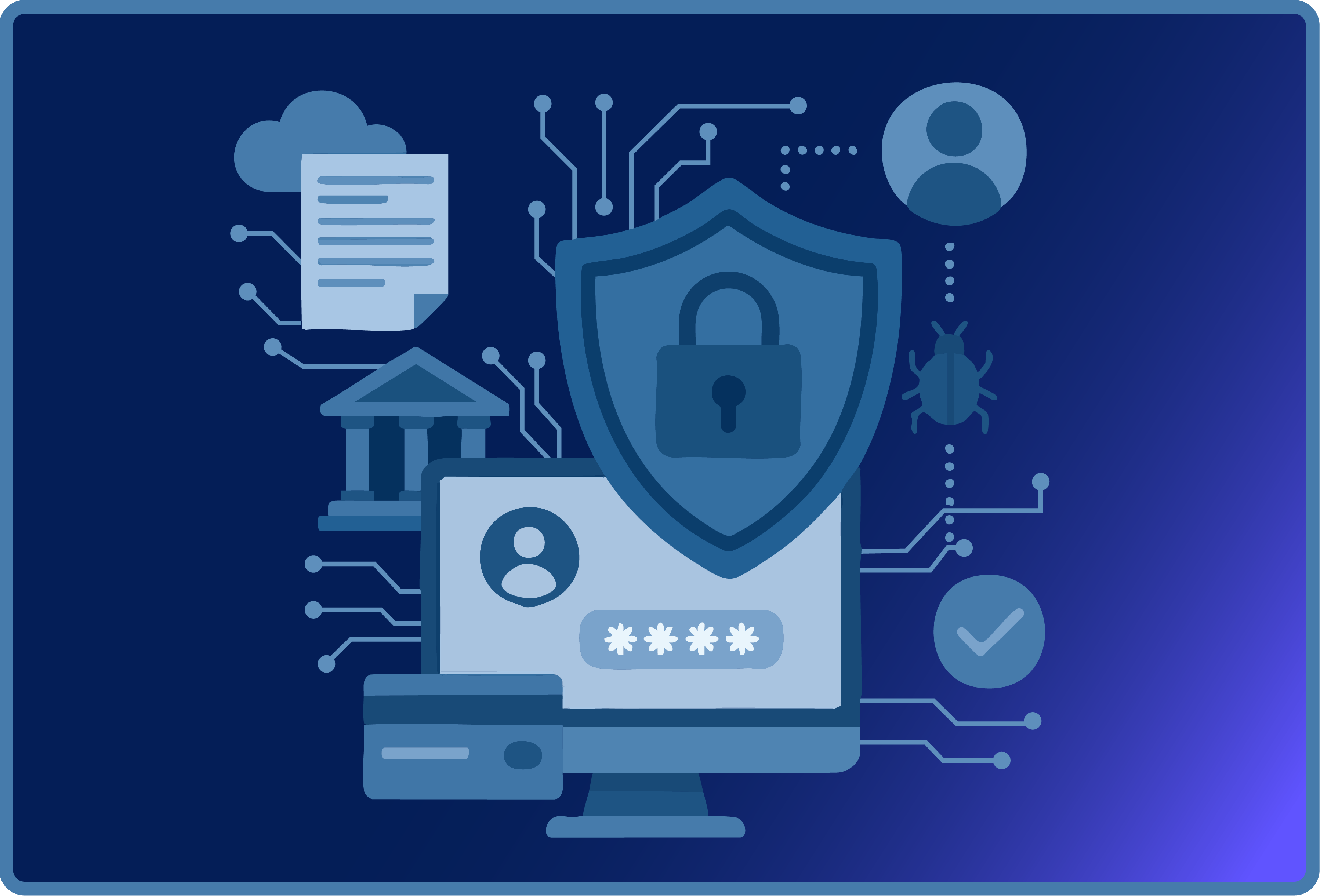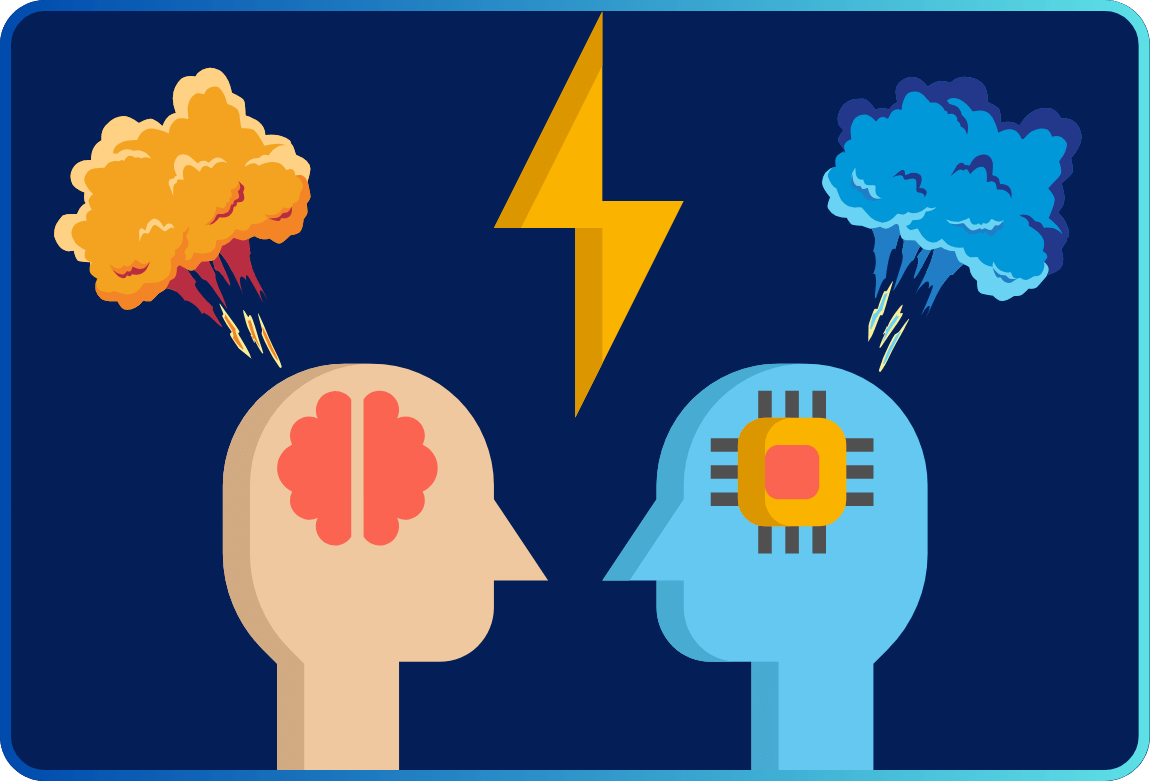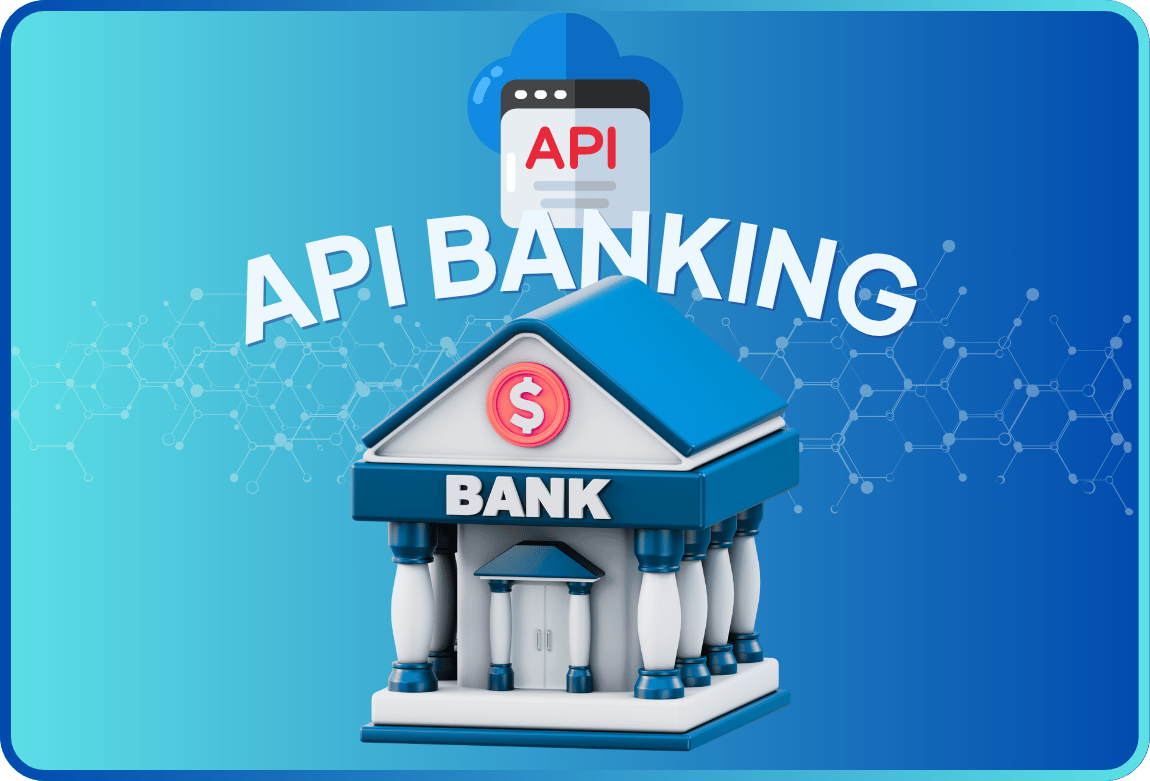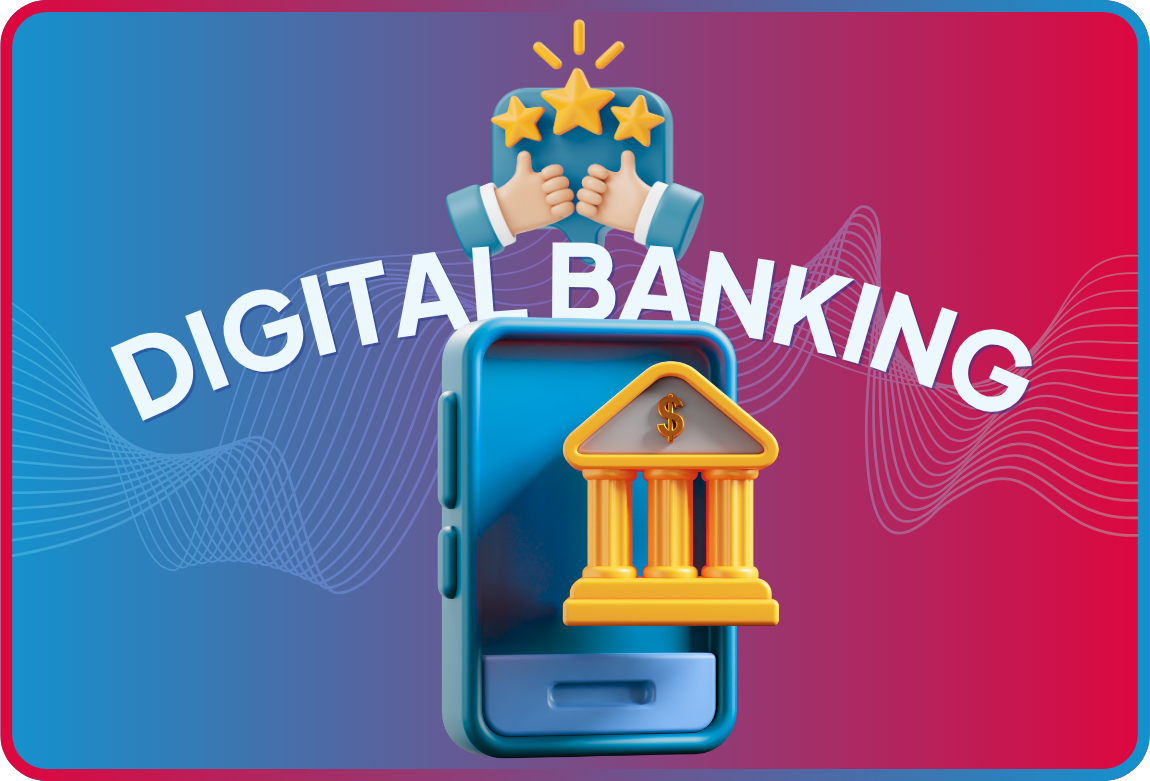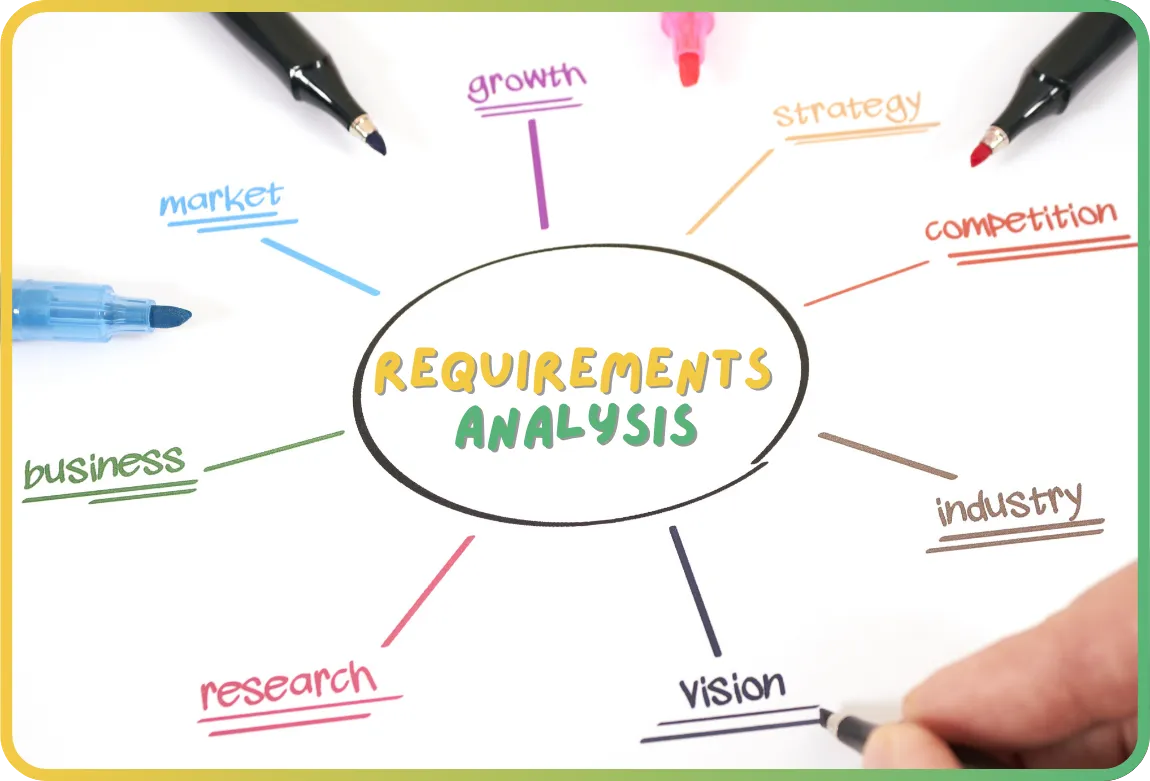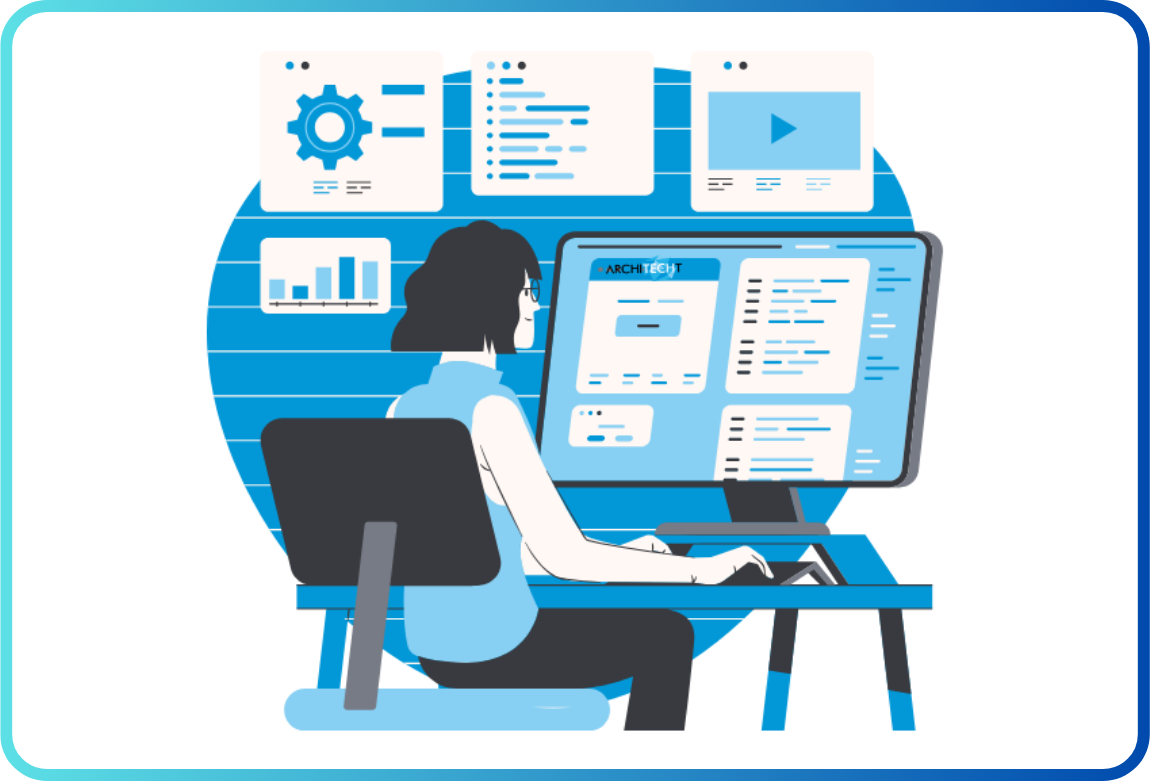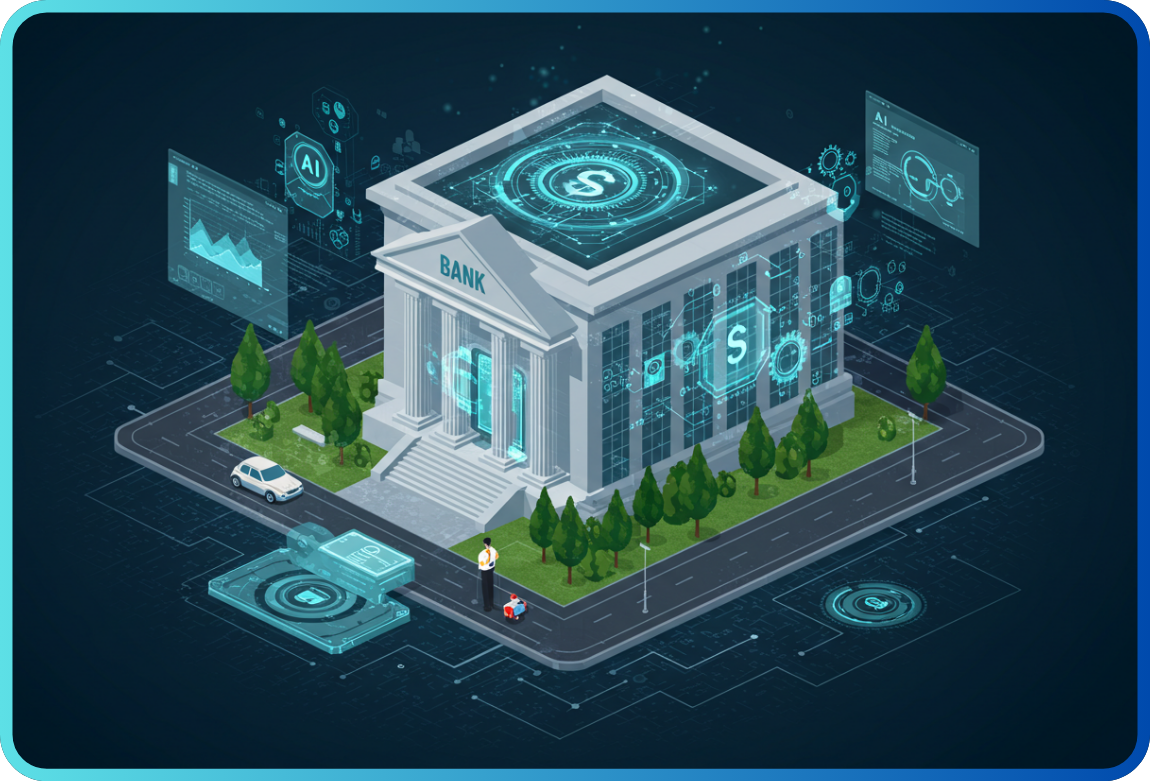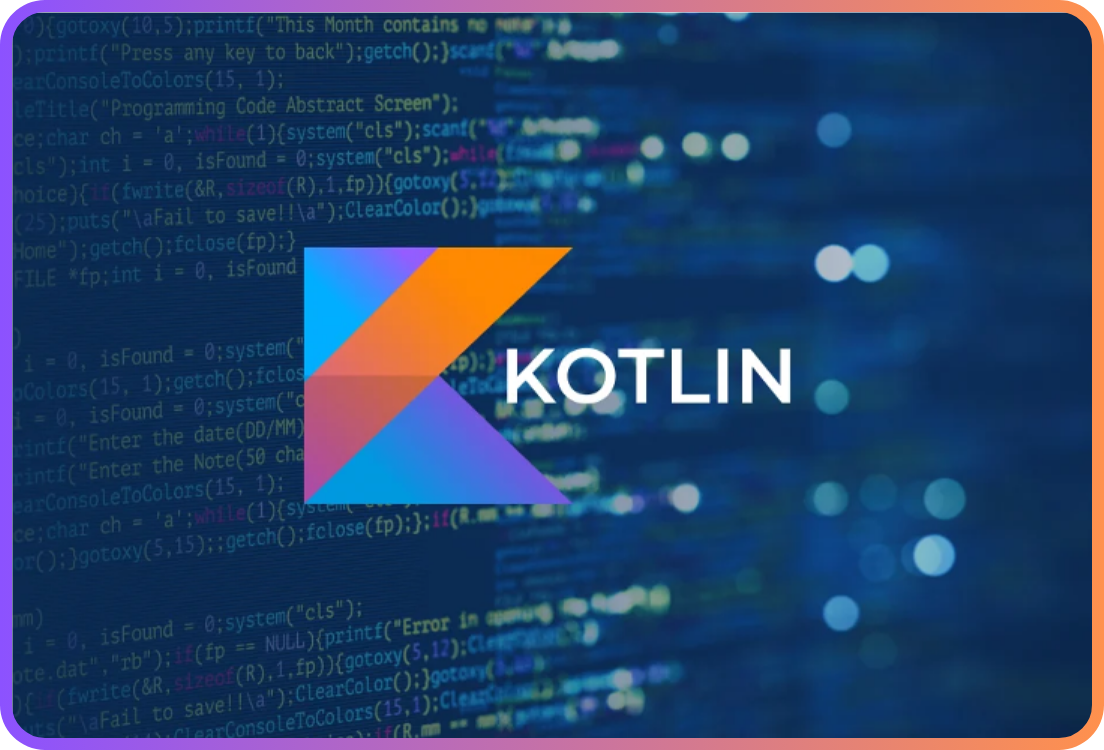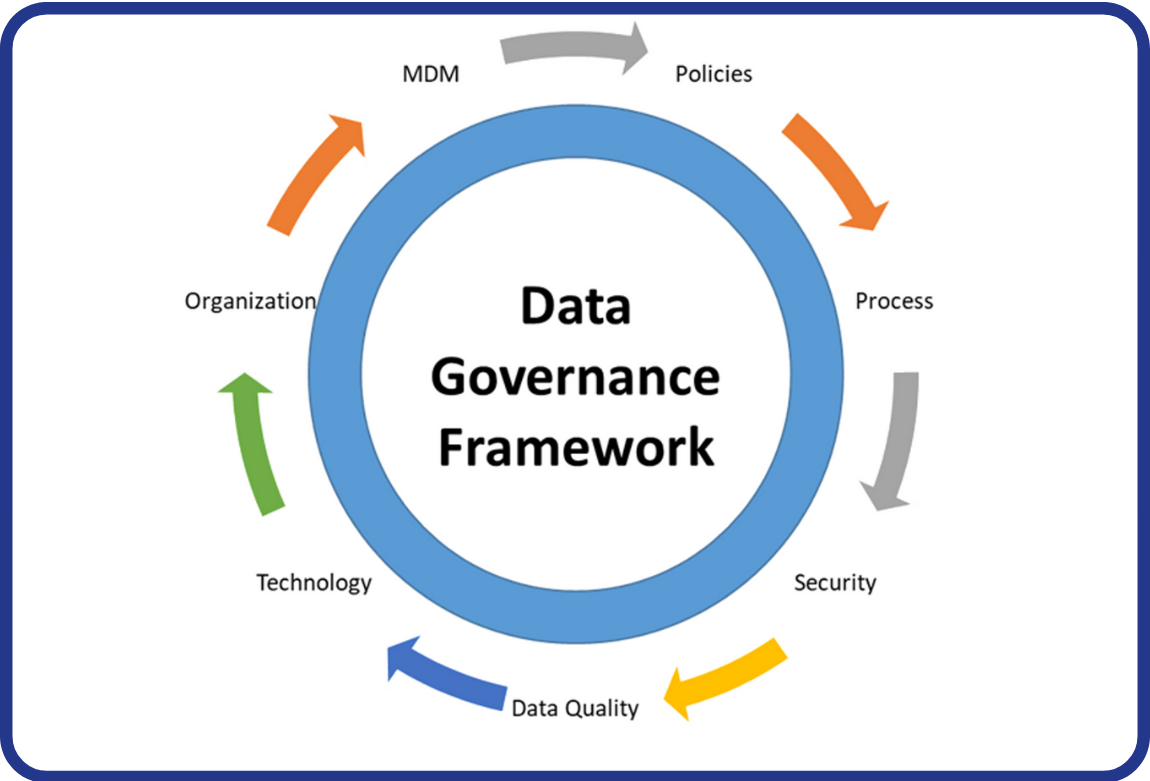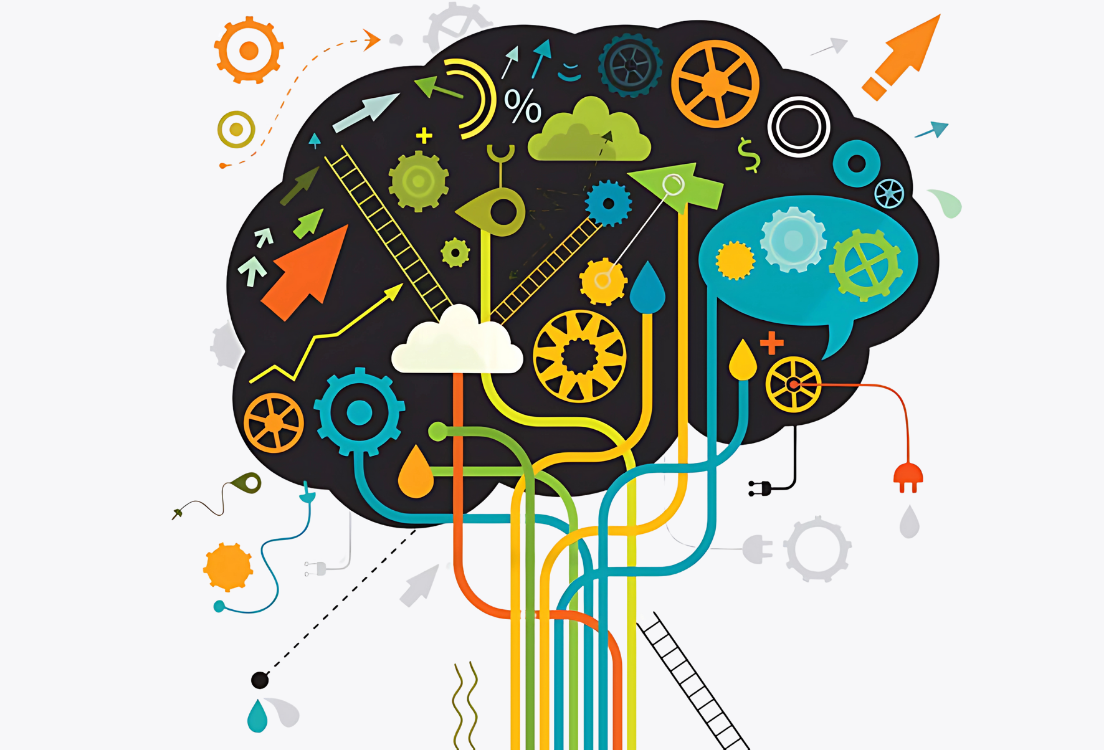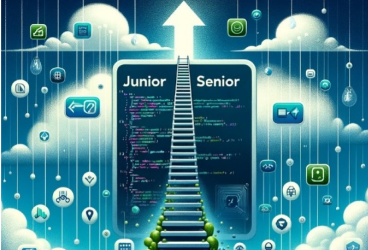
The career evolution of iOS Developers is not only a result of technical skills but also a strategic career approach. Transitioning from a junior level to a senior level includes continuous learning, practice, and personal development. In this article, I will try to explain the details that I think will help you. I wish you an enjoyable read :)
1-Strengthening the Foundations
At the junior level, I assume you have knowledge of basic iOS components and the Swift programming language. Let's examine how we can strengthen these foundations and what we should focus on.
Advanced Swift Knowledge: Learn the advanced features of the Swift language. Focus on topics like generic types, protocols, memory management, and advanced error handling.
Architectural Patterns: Go beyond Model-View-Controller (MVC). Master and integrate architectural patterns such as Model View – View Model (MVVM), View-Interactor-Presenter-Entity-Router (VIPER), Clean Swift, and others into your projects.
Performance Optimization: Use helper applications to make your apps faster and more efficient. Tools like Grand Central Dispatch (GCD) play a critical role in managing multi-threading for performance optimization.
2-In-Depth UI/UX Knowledge and Design Skills
Being a good iOS developer requires more than just coding; it also requires proficiency in user experience and design.
Human Interface Guidelines (HIG): Learn and apply Apple's HIG rules in your projects. (https://developer.apple.com/design/human-interface-guidelines)
Custom UI Design: Gain experience with Core Animation, Core Graphics, and other UI frameworks to create professional user interfaces that go beyond standard interfaces.
Prototyping and Mockup Skills: Develop your prototyping and mockup skills using design tools such as Sketch, Figma, or Adobe XD.
3-Code Architecture and Best Practices
If we want to be a senior iOS developer, we are now responsible for writing not just working code, but also sustainable and extendable code.
Moving Beyond MVC: Understand and actively use popular architectural patterns like MVVM, VIPER, and Clean Swift in our projects.
SOLID Principles: Understand and apply these principles to make your code clear, simple, and flexible.
Dependency Injection: Make your code more testable and flexible using dependency injection.
4-Asynchronous Programming and Networking
Modern iOS applications often require networking and other asynchronous operations. It's important to have detailed knowledge in this area.
URLSession and Networking: Learn how to manage network requests using URLSession.
Grand Central Dispatch (GCD): Grasp GCD concepts to learn multi-threading and asynchronous programming.
Combine Framework and Swift Async/Await: Use these new features introduced with Swift 5.5 to make asynchronous code more readable and manageable.
5-Writing Tests and Test-Driven Development (TDD)
Develop your testing skills to make your code reliable and maintainable.
Unit Tests: Test your methods using the XCTest framework.
UI Tests: Learn how to write UI tests to test your user interface.
Test-Driven Development (TDD): Adopt the habit of writing tests first to improve your ability to write more reliable and error-free code.
6-Open Source Contributions and Community Interaction
The iOS developer community is constantly changing and evolving. Contributing to this community will help your career development and continuous learning.
GitHub Contributions: Contribute to open-source projects to develop your skills and stay in constant interaction with other developers.
Community Interaction: Participate in forums like Stack Overflow, Reddit, Apple Developer Forum, or other iOS developer forums to answer questions and help other developers.
Conference and Meetup Participation: Attend iOS conferences and developer meetups to keep up with industry developments and interact with other developers.
7-Mentorship and Leadership
Skills Being a senior iOS Developer is not just about having good technical skills but also about developing leadership and mentorship abilities.
There are very few things that make me as happy as when Junior developers I mentored call me to say thank you after they’ve moved on to other companies.
Mentorship: Guide junior developers by sharing your knowledge. Guiding junior developers strengthens your communication with them and contributes to your own development.
Leadership Skills: Develop your ability to manage projects, communicate effectively within the team, and think strategically.
Project Management: Understanding methodologies like Scrum or Kanban and effectively managing projects is also important.
8-Keeping Up with Innovative Technologies and Updates
The iOS world is constantly evolving. Keeping up with new technologies and updates is an essential aspect of being a senior developer.
Swift and Xcode Updates: Stay up-to-date with the latest Swift versions and Xcode updates to keep your projects current.
SwiftUI and Combine Framework: Learn the declarative user interface development and reactive programming concepts.
Machine Learning and ARKit: Learn machine learning and augmented reality technologies for innovative projects.
9-Professional Development and Networking
Another aspect of becoming a senior iOS developer is to show professional development and continually expand your network.
Conferences and Seminars: Attend iOS conferences and seminars to follow the latest developments in the industry.
Online Courses and Training: Update your knowledge and skills by taking technical or leadership courses on online platforms.
Professional Social Media: Actively engage on LinkedIn and other social media platforms to expand your professional network.
10-Career Goals and Continuous Progress
The success of your career depends on the goals you set and your continuous self-improvement.
Career Plan: Set short, medium, and long-term goals and take steps towards these goals.
Receiving Feedback: Evaluate feedback within projects to identify your weaknesses and create opportunities for self-improvement.
Continuous Learning: Dedicate time to learning advanced topics and new technologies to continually develop yourself.
Transitioning from junior to senior level is a process of personal and professional evolution. This guide is intended to serve as a starting point to direct your career, enhance your skills, and define your areas of expertise. I wish you all success on your career journey.
References
1-Stack Overflow (https://stackoverflow.com/)
2-Apple Developer (https://developer.apple.com/)
3-LinkedIn (https://www.linkedin.com/)


 Back
Back


